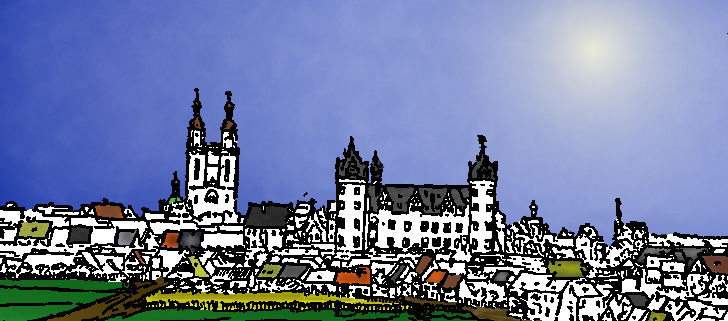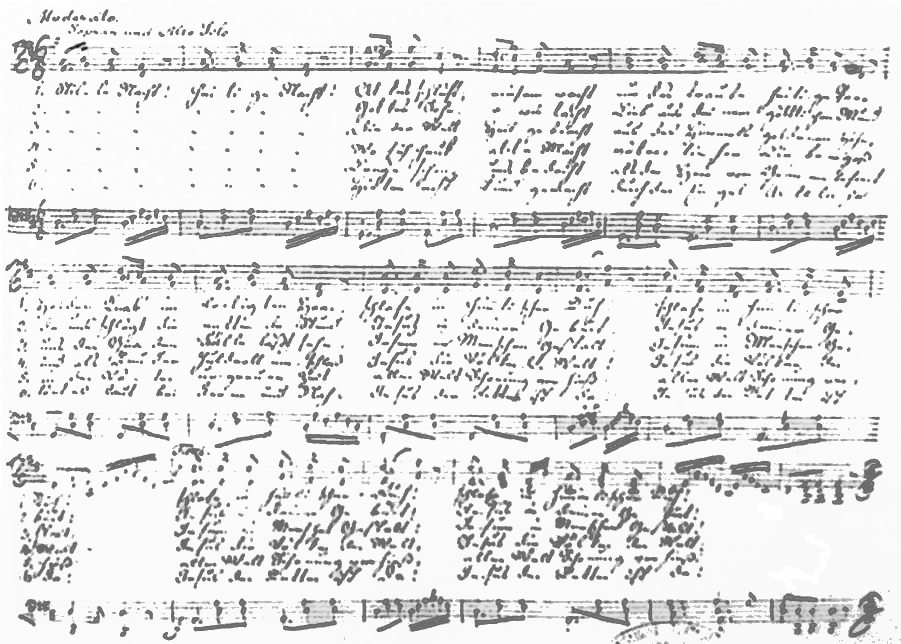One of my favorite parts of Christmas is the return of the Christmas hymns. Far from the “Jesus is my boyfriend” songs that plagued us early in the new millennium, Christmas hymns reset us back to the nuts and bolts of the incarnation of Christ.
I’ve always enjoyed making it to an evening Christmas service. I have several memorable services. My senior or junior year of High School in Florida. While in seminary, the second Christmas in Wake Forest (which was the first with my wife). Christmas two years ago with my parents and brother. With my kids three years ago at our church in Atlanta.
Numerous settings, but the scene I recall from each of these is the end of the service.
We passed out candles.
We shared one flame.
We sang one song.
Silent Night.
That’s my Christmas moment.
Not that I feel slighted if we don’t get to do it for whatever reason. Whether it’s outside on a balmy Florida night, or inside the church where I was a janitor knowing that the next day I would be tackling all that dried wax with an iron, an extension cord, and a stack of paper towels, that is my moment.
What is it about Silent Night that makes that moment so right? What message is held in those lyrics
The song was written by Joseph Mohr. Mohr was born the illegitimate son of an Austrian mercenary, with three illegitimate siblings, in Salzburg, Germany. Mohr was mentored by the town priest who saw to Mohr’s education and encouraged Mohr’s music ability. Mohr studied at a Benedictine monastery and was ordained as a priest when he was 23.1
Mohr served in numerous parishes, often only staying a year or two before being reassigned. These frequent changes were not uncommon for young priests. It was during one of these assignments that Mohr wrote the lyrics to Silent Night (or Stille Nacht, heilige Nacht). By the next year, Mohr was already serving in a new parish: Oberndorf.2
In 1818, Franz Gruber had been working nearby as a school teacher. Needing extra money, Gruber was a moonlighting organist at Mohr’s parish in Oberndorf. Mohr asked Gruber to set his lyrics to a melody. Gruber and Mohr had Silent Night ready for Christmas that year.3
Mohr would move on before the Christmas of 1819. Mohr would continue traveling until 1837 where he began serving in Wagrain. In Wagrain, Mohr had his most lasting ministerial impact by establishing social programs to minister to and house the poor.4
Mohr’s original lyrics had six verses. In 1859, John Freeman Young translated and arranged Mohr’s song slowing the tempo to a melodic lullaby. While Mohr’s version is outstanding, growing up in the U.S., it was Young’s translation that has had such an impact on these moments.
We enter the song in the middle of a scene already familiar to us from Luke 2. We join a cast of characters in a make shift stable. The noises of the stable are silent as the animals of the field draw close to see what has happened. The Virgin Mother and her child. The Blessed Virgin holding the holy infant, sleeping in heavenly peace.5 The contradictory phrase, Virgin Mother, pulls us back to Isaiah 7:14 and forward to Revelation 12. We wonder as John states, “The Word became flesh.” We see the Virgin Mother with her child and we approach the mystery of these texts. We stand with the animals, stunned and mute. Staring at the amazing mystery of this holy child who rests with the blessed peace of God. The peace we long to regain. The rest of the seventh day of Creation that we desire to enter into again. Here, swaddled in the Virgin Mother’s arms is the Word of God made flesh.
Silent night. Holy night. A night set apart from before the beginning of time. The moment set apart to restore humanity if and when we fell from God’s blessing.
In verse 2, more characters arrive. Shepherds from a nearby field have come. Shaken by the sudden in-breaking of the Kingdom of God into our mundane world. The angelic armies of God pour forth from heaven like a river. Arraigned for battle, this army does not cry for war but sings praise, “Alleluia.” The Son of God, the captain of the armies of the Father, is here.
Christ the savior is born.
All of creation, beasts, angels, and humanity join together to see this moment, set apart before the foundation of the world. The one who would restore humanity has come.
In verse 3, we are reminded of the darkness outside. The prophetic star still shines above, but is outshone by the love of God shining in the stable. The Son of God, love’s pure light.
We see God’s motive. Why does the Word become flesh?
Love.
Why does God come to save us rather than sweep us away?
Love.
God’s love motivates this humble position the Lord puts himself in. The Son of God, creator of all that was created, did not consider staying in heaven with the Father something to be grasped and clutched too. The God of the universe came down from the throne of heaven to be here with us.
The love of God shines from the tiny face of this infant, not just filling the room, but breaking through the darkness of night dawning a new day. The light of God dawns a new day, a day of redemption, a day of grace. God did not say, come up here to Me. God came down to us. God humbled himself to restore our honor. God came himself to recreate his broken creation. And all creation gathers round to see as the armies of God cheer and sing outside.
We see this infant and sing the core of our most ancient confession, “Jesus, Lord at thy birth.”
The statement, Jesus is LORD is not meant to say “Jesus is my boss.” This confession is saying that Jesus is God. The personal name of God was once so revered that when the Scriptures were read, God’s name would not be said. Instead, the reader would say LORD. We still see this tradition in English Bibles. Jesus is Lord from Birth. Jesus does not become God. Jesus is not overshadowed by God. Jesus is God.
What hope! God has come down to us. A new day breaks forth with the light of God filling the darkness. The light of God moving from candle to candle, person to person, as we lift our voices with the armies of God praising the God who comes down to us. Praising the dawning of a new day. The birth of redeeming grace. Grace we so desperately need.
Praise God.
Notes:
1. https://www.stillenacht.at/en/history/joseph-mohr↩
2. Ibid.↩
3. Ibid.↩
4. Ibid.↩
5. Mohr’s original lyrics state something akin to “round the holy pair, holy child with curly hair.”↩



That was beautifully expressed. I am very proud of you and your ability to verbalize what many of us feel. Thank you.
LikeLike